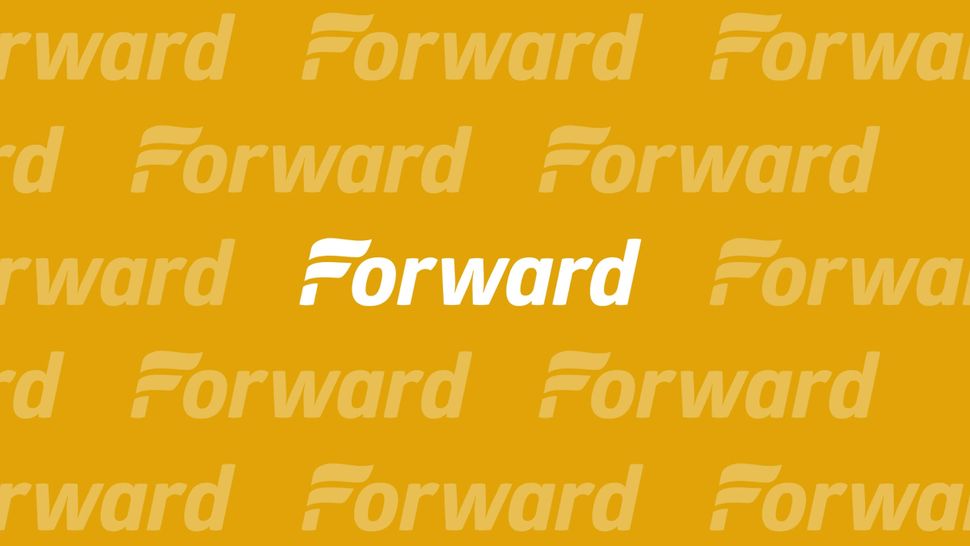Birthright’s Second-Time Shift

Image by birthright
Here’s the current mission statement: “The gift of a trip to Israel from Taglit-Birthright Israel is designed to offer a first-time educational peer experience.” Not any more. The international leadership group in charge of Birthright has decided that the free, 10-day program can be a second-time educational experience, too.
This is a technical change with enormous implications. Those who ran high school programs had complained for years that parents were opting out of paying thousands of dollars because they hoped that their children would be able to go to Israel for free once they turned 18.
Problem is, experts believe the longer high school programs are far more effective in creating lasting attachments to Israel and Jewish life.
Birthright has no details yet about how the new policy will be implemented or funded, though it takes effect with registration opening February 19. What troubles us is the opaque decision-making process.
Birthright has evolved from the brainchild of a few philanthropists to a massive undertaking in which the Israeli government and Jewish communal groups provided 46% of its $121 million annual budget in 2012.
Surely there can be some mechanism for public discussion about how to allocate precious resources.
Should the funds for this expansion have gone instead to support high school programs? Will those young adults who receive two gifts to Israel be expected to do something for the Jewish people in return?
If subsidized travel to Israel is American Jewry’s response to the disengagement of its young, then its strategic direction ought to be more openly debated.
A message from our CEO & publisher Rachel Fishman Feddersen

I hope you appreciated this article. Before you go, I’d like to ask you to please support the Forward’s award-winning, nonprofit journalism during this critical time.
At a time when other newsrooms are closing or cutting back, the Forward has removed its paywall and invested additional resources to report on the ground from Israel and around the U.S. on the impact of the war, rising antisemitism and polarized discourse.
Readers like you make it all possible. Support our work by becoming a Forward Member and connect with our journalism and your community.
— Rachel Fishman Feddersen, Publisher and CEO






















